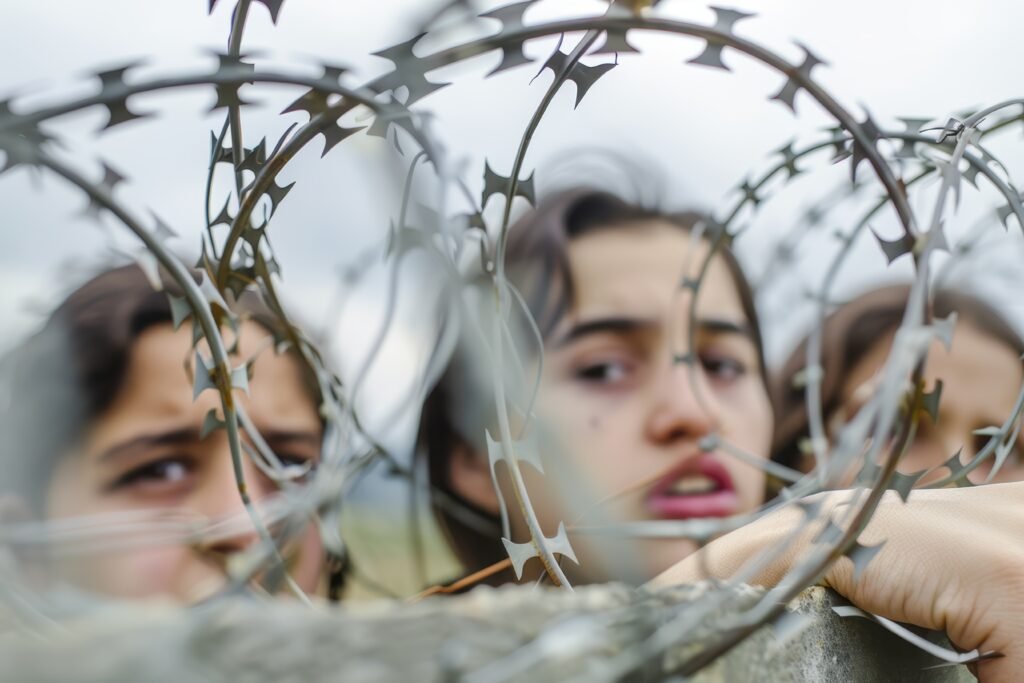Sami Miaari and Maha Karkabi-Sabbah
Background
Arabs in Israel are part of the Palestinian people. They comprise around 21 percent of Israel’s population, numbering over 1.7 million; about 84 percent of them are Muslim, about 8 percent are Christians and about 8 percent are Druze (CBS 2016). Most of the Arabs live in the Galilee region in northern Israel. Smaller numbers live in the “Triangle” area in the center of the country and in the Negev desert in the south (mostly Bedouins). There is a very high degree of residential segregation between Arabs and Jews: in almost all Israeli communities, the vast majority of residents are either Arab or Jewish, although there are a few towns with a Jewish majority and a sizeable Arab minority (which typically lives in segregated neighborhoods). Since the establishment of Israel in 1948, Arabs living inside the country were formally declared equal citizens with full rights. However, they have traditionally been viewed with suspicion by the Jewish majority as a potential “fifth column.” Moreover, Palestinian citizens of Israel have always been Israel’s most oppressed group, facing wide systematic discrimination and harsh conditions in every aspect of social, political and economic life. Several governmental steps were made over the past decade to close economic gap between Jews and Palestinians in Israel. In March 2010, a five-year development plan was declared regarding 13 Palestinian settlements numbering 350,000 people, focusing on: Employment development, Housing, Transportation, and Improving personal security. However, a 2012 report by the State Comptroller of Israel found the implementation of these policies to be slow and partial. Another governmental plan was presented in 2015, a new five-year plan for the economic integration of Palestinians. This plan provides a broad set of policies, covering municipalities, education, infrastructure, employment, housing, and many other fields. Like previous plans, the implementation is also slow and partial. The aim of this report is to address different aspects of inequality and discrimination against Palestinian citizens in the Israeli public domain in different areas including the labour market, education, local governance and housing.

